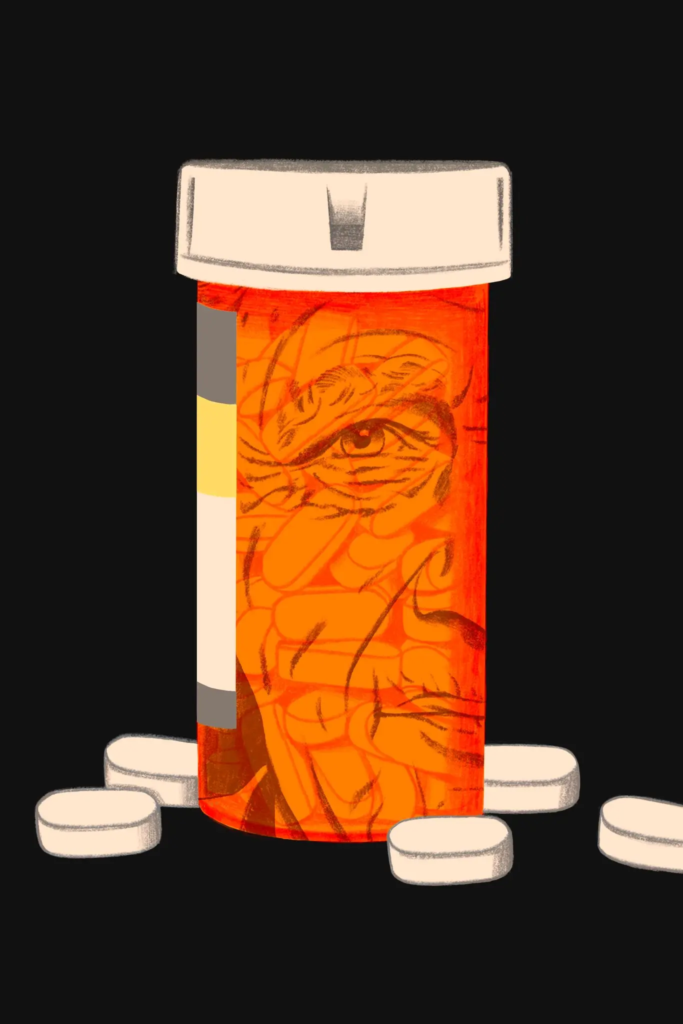Many aging baby boomers have long histories with drugs, cannabis and alcohol. “The field wasn’t ready for that,” said one expert.

By Paula Span | July 9, 2023
When Dr. Benjamin Han, a geriatrician and addiction medicine specialist, meets new patients at the School of Medicine at the University of California, San Diego, he talks with them about the usual health issues that older adults face: chronic conditions, functional ability, medications and how they’re working.
He asks, too, about their use of tobacco, alcohol, cannabis and other nonprescription drugs. “Patients tend to not want to disclose this, but I put it in a health context,” Dr. Han said.
He tells them, “As you get older, there are physiological changes and your brain becomes much more sensitive. Your tolerance goes down as your body changes. It can put you at risk.”
That’s how he learns that someone complaining about insomnia might be using stimulants, possibly methamphetamines, to get going in the morning. Or that a patient who has long taken an opioid for chronic pain has run into trouble with an added prescription for, say, gabapentin.
When one 90-year-old patient, a woman fit enough to take the subway to his previous hospital in New York City, began reporting dizziness and falls, it took Dr. Han a while to understand why: She washed down her prescribed pills, an increasing number as she aged, with a shot of brandy.
He has had older patients whose heart problems, liver disease and cognitive impairment were most likely exacerbated by substance use. Some have overdosed. Despite his best efforts, some have died.
Until a few years ago, even as the opioid epidemic raged, health providers and researchers paid limited attention to drug use by older adults; concerns focused on the younger, working-age victims who were hardest hit.
